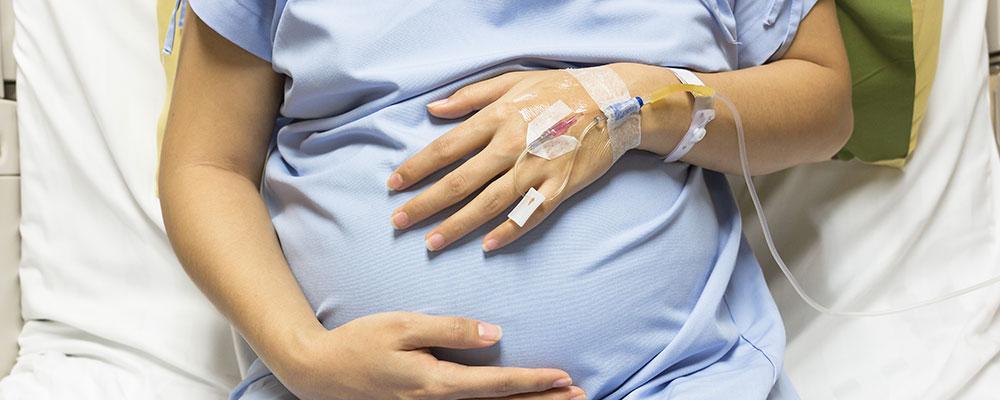Chicago, IL 60601
FREE CONSULTATIONS 312-462-4200
TOLL FREE 833-462-4200
Breech Birth Complications

Birth Injuries Caused By Breech Presentation - Chicago Medical Malpractice Lawyers
Both children and mothers can suffer serious injuries during labor and delivery. One issue that can have a significant impact on birth is the presentation of the child. In cases of breech presentation, specific procedures should be followed to protect against injury.
What Is Breech Birth?
In most cases, children move through the birth canal head-first. However, if the child is positioned feet-first, this is known as breech presentation, and it can lead to a number of complications during delivery. Breech presentation can take one of the following forms:
- Complete or flexed breech - The baby's buttocks are in the position to be delivered first, and the knees are bent.
- Frank or extended breech - The child's buttocks are positioned toward the birth canal, and the knees are extended.
- Incomplete, footling, or kneeling breech - One or both of the baby's feet or knees are positioned to be delivered first. The other leg may be bent or extended.
Complications Related to Breech Birth
Vaginal delivery of a child in breech presentation can be very dangerous. Serious complications can arise that may harm the child and mom, including:
- Umbilical cord issues - A prolapsed umbilical cord can occur if the cord enters the birth canal before the child. A nuchal cord can occur if the umbilical cord becomes wrapped around the child's neck. These issues can cause compression of the umbilical cord, cutting off blood flow and oxygen to the child, which can lead to brain injuries or fetal death.
- Asphyxia - If the child does not receive oxygen during birth, this can lead to issues such as fetal stroke or hypoxic ischemic encephalopathy (HIE).
- Brain trauma - Skull fractures or other forms of physical damage to the child's brain can result in cystic encephalomalacia or hemorrhaging of blood around the brain.
- Brachial plexus injuries - Excessive force placed on an infant's arm or shoulder during delivery can cause neurological damage that may result in conditions such as Erb's Palsy.
- Fractures - Bones such as the collarbone (clavicle) may be broken due to the stress placed on a child's body during a breech birth.
- Vaginal tearing and labial injuries – Breech delivery may result in tearing of vaginal tissues, resulting in hemorrhaging, pain, and longer recovery times for mom following birth.
Delivery Options
Due to the risks involved in a breech birth, doctors will typically recommend performing a cesarean delivery when a child is in the feet-first position. However, vaginal delivery may be possible if the child is in the frank breech position, the pregnancy has reached full term, and the infant's heart rate is not showing any signs of fetal distress.
In order to help ensure that a child is in the best position for a safe delivery, a doctor may perform a procedure known as external cephalic version (ECV). This involves applying pressure to the uterus to turn the baby into a head-first position. ECV should not be performed if the mother has experienced vaginal bleeding or premature rupture of membranes, if she has an abnormal uterus, if the level of amniotic fluid is low, or if there are multiple fetuses (twins, triplets, or more).
If a child is in the breech position at the time of birth, extreme care should be taken to prevent birth injuries. Doctors, nurses, and hospital staff should be sure to keep the mother fully informed about the available options, the procedures that will be followed, and the methods used to protect a child's safety.
If your child has experienced an injury related to a breech birth, the Birth Injury Law Alliance can help you understand the steps you can take to ensure your child receives the care he or she needs. To schedule a free consultation and case evaluation, contact us at 312-462-4200.





